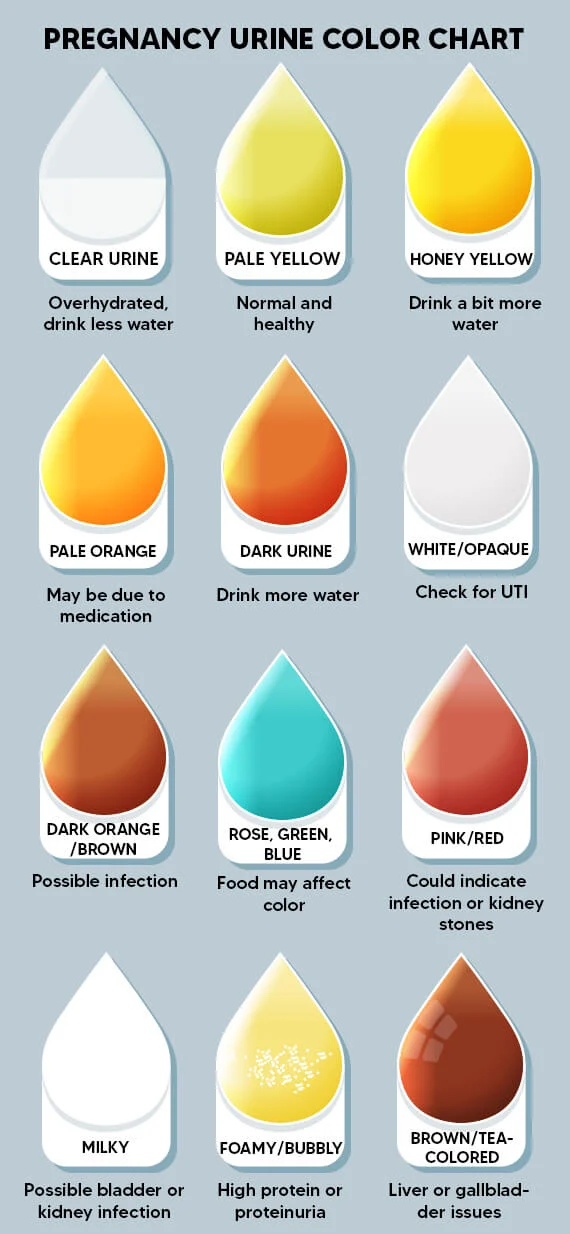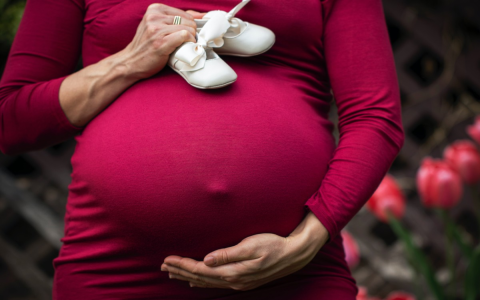Urine Color and Early Pregnancy
While many women look for early signs of pregnancy, urine color itself is generally not a reliable standalone indicator of early pregnancy. Urine color primarily reflects hydration status, diet, vitamin intake, and the presence of certain medications rather than hormonal changes specific to early pregnancy in a way that produces a distinct color.

However, some indirect observations related to urine might occur in early pregnancy:
- Increased Urinary Frequency: One common early pregnancy symptom is the need to urinate more often. This is due to hormonal changes (like increased hCG and progesterone) and increased blood volume, causing the kidneys to process more fluid. If fluid intake is consistent or increased, urine might appear lighter or clearer (more diluted) due to this frequency, but this is not a specific “pregnancy color.”
- Darker Urine: Conversely, if a woman experiences morning sickness with vomiting or has reduced fluid intake, her urine might become more concentrated and appear darker yellow or amber. This is a sign of dehydration, which can occur in early pregnancy, but the dark color is due to dehydration, not directly a sign of pregnancy itself.
- Urine Odor: Some women report a slightly stronger or different urine odor in early pregnancy. This is anecdotal and could be attributed to hormonal changes affecting the sense of smell or slight changes in urine composition, but it’s not a scientifically confirmed or universal sign.
Key Considerations:
- No Specific “Pregnancy Color”: There is no particular urine hue that definitively indicates pregnancy. Standard urine color variations from pale yellow to deeper amber are primarily influenced by hydration.
- Other Causes for Color Changes:
- Bright yellow urine is often due to B vitamins.
- Orange, red, brown, or green urine can be caused by certain foods (e.g., beets, asparagus), food dyes, medications (e.g., rifampin, warfarin), or underlying medical conditions (e.g., liver issues, urinary tract infections, blood in urine). These warrant medical attention if unexplained.
For accurate confirmation of pregnancy, rely on:
- A missed menstrual period.
- A positive home pregnancy test (which detects hCG in urine).
- Confirmation through blood tests or ultrasound performed by a healthcare provider.
In summary, while changes in urinary habits are common in early pregnancy, urine color is not a dependable sign. If you suspect you are pregnant, using a pregnancy test is the most reliable initial step for confirmation.









